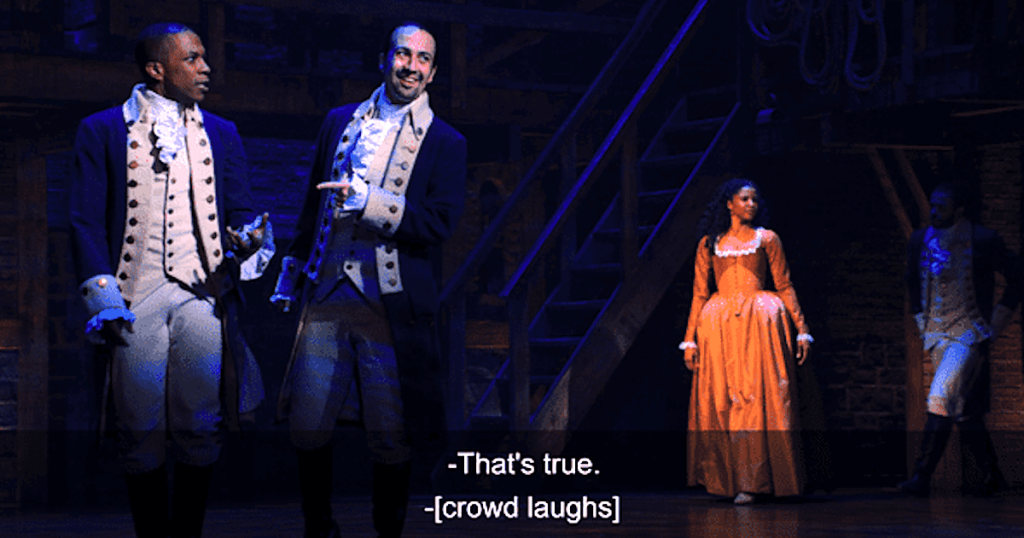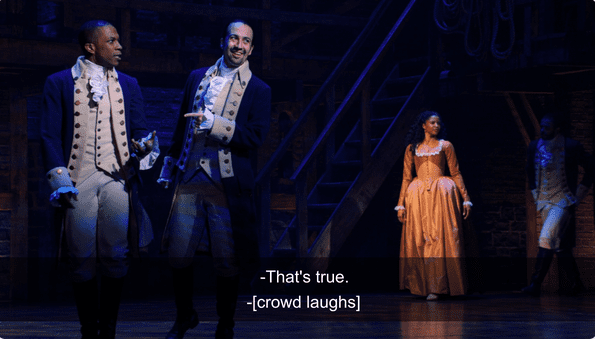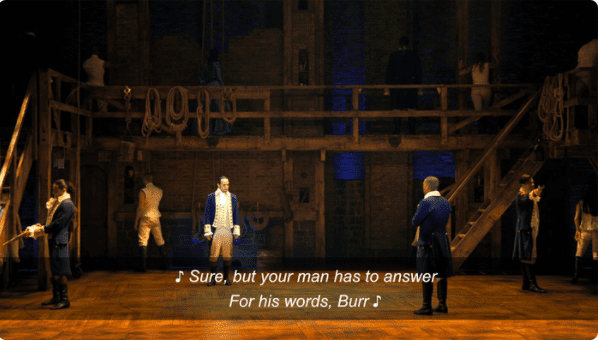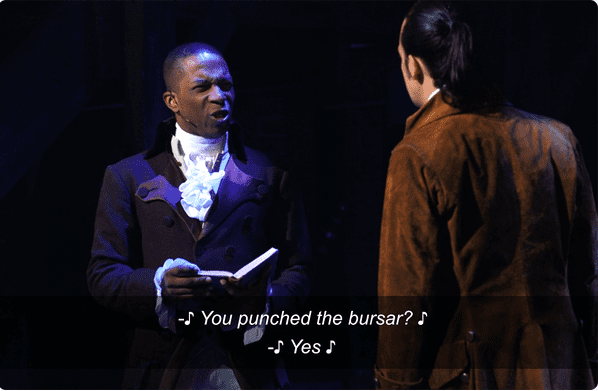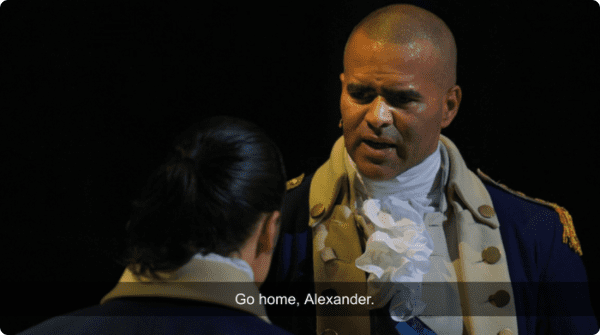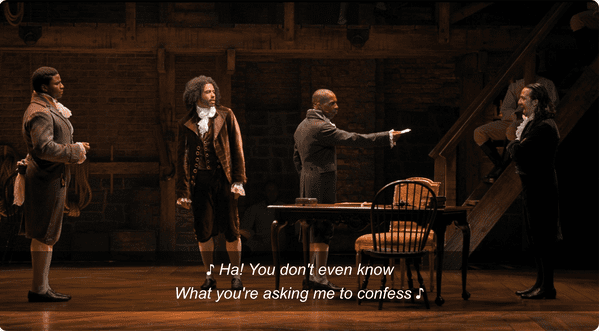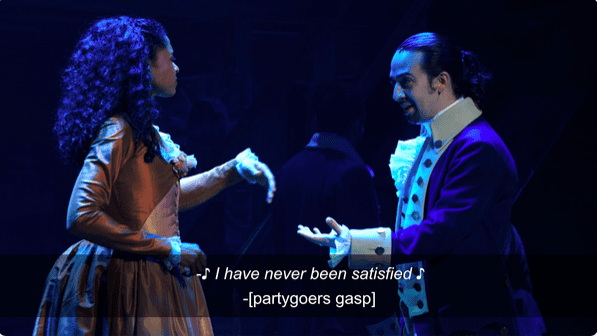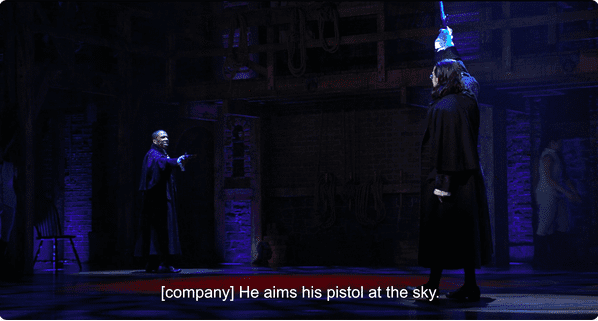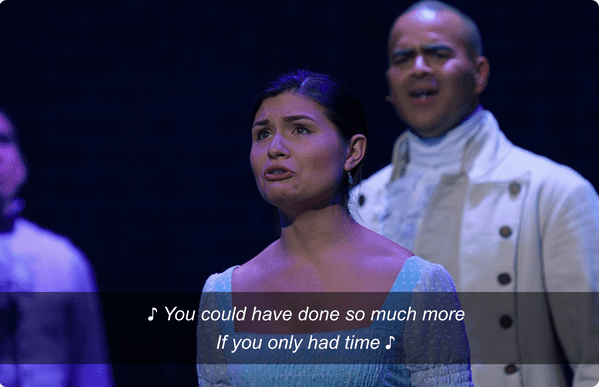Trending Now
Lin Manuel-Miranda is smart, he’s creative, and the majority of facts presented in his phenomenal musical, Hamilton, are actually true. You likely know that some or most of the characters – like, for example, Thomas Jefferson – present onstage as a bit (or a lot) irreverent, but it plays for comedy and we all assume acting choices were involved.
If you’re thinking the play is mostly historically accurate, well…here are 8 instances where Lin Manuel took some liberties – or made outright changes – to what happened in reality.
8. Martha Washington (probably) didn’t name her tomcat after Hamilton.
The original source of the rumor was a joke in the diary of a British captain, in which the passage about Washington’s cat appears to be satirical.
The rumor caught on and was reported other places, so although we can’t say for sure the Washingtons didn’t have a tomcat named Hamilton, all signs point to it being a running joke.
7. Burr was not Charles Lee’s second during the Lee/Laurens duel.
Hamilton was Laurens second that day, but many of the instances where Burr and Hamilton crossed paths in their early lives didn’t necessarily happen.
There’s no evidence Hamilton asked for Burr’s help defending the Constitution, either, and Burr likely wasn’t present at Hamilton’s small wedding.
6. Hamilton (probably) didn’t punch the bursar.
Ron Chernow, the Hamilton biographer that Lin Manuel consulted while writing the musical, argued that Hamilton “wasn’t needlessly violent” but apparently the rhyme between “Burr, sir,” “blur, sir,” and “bursar” was “too good to pass up.”
5. Washington didn’t dismiss Hamilton after their argument.
The two did quarrel, though probably about something trivial, like Hamilton being late for a meeting, after which Hamilton moved to a different residence in the camp for a couple of months.
After asking (and being denied) a command one last time, it was Hamilton who quit and went home.
4. Jefferson, Madison, and Burr weren’t the only ones who knew about Hamilton’s affair.
Frederick Muhlenberg was the one who actually notified James Monroe and Abraham Venable about the affair, but it would have been confusing to introduce three new characters halfway into the play.
3. Angelica Schuyler was already married when she and Hamilton met.
She and John Church already had two children, but the parts about her connection with Hamilton, and the saucy letters they exchanged, remains true.
2. Hamilton might not have technically aimed at the sky.
The contemporary accounts of the event say that both men “fired in succession” but the people who witnessed the event didn’t agree on the particulars.
Hamilton did tell friends in advance that he intended to throw away his shot, and many historians believe he aimed wide on purpose, or that his gun might have accidentally fired when he took Burr’s bullet.
1. Hamilton wasn’t terribly outspoken about slavery.
Though there is good evidence that Hamilton opposed slavery on moral grounds – he was one of the founding members of the New York Manumission Society – he actually wrote about slavery infrequently.
Though there are letters that supported John Laurens’ plans for Black battalions, and his words suggested he believed slaves should be able to earn their freedom fighting the British, his associations with so many slaveholders likely encouraged him to hold his tongue.
When the Constitution was being settled, Hamilton did oppose abolishing slavery, since he (rightfully) believed doing so would erode support from the Southern state.
Since he refused to stand up against slavery when it was inconvenient for him, calling him an abolitionist isn’t really fair.
I’m not really surprised by most of these, and they sure don’t change my enjoyment of the musical.
Did any of these catch you off guard? Tell us which ones in the comments!

